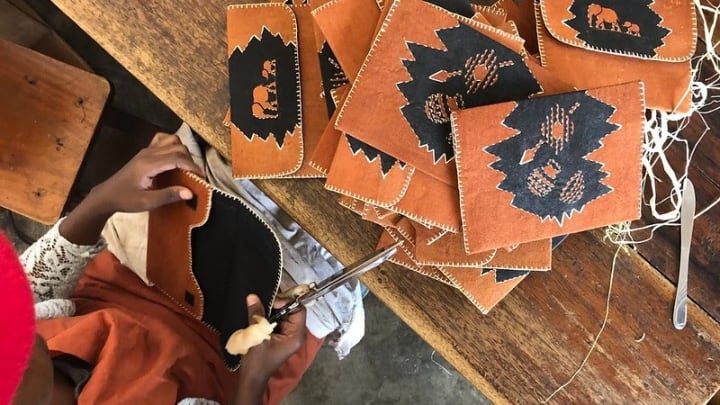Opinion: How can DFIs do more to help MSMEs survive COVID-19?

The global scale of the COVID-19 crisis threatens micro, small, and medium-sized enterprises, or MSMEs, which dominate employment around the world — especially in least-developed and low-income countries.
In comparison with large organizations, MSMEs are seeing larger drops in sales, reduced retained earnings, less access to external finance, and fewer ways to adapt and adjust, while also employing a larger share of the most vulnerable populations. Women MSME owners are particularly hard hit by the pandemic, especially as their businesses are often in retail service industries that involve direct contact with customers.
With tight constraints on fiscal space and urgent social spending needs, the governments of most low-income countries are not able to extend support to MSMEs, while governments in more advanced economies, also hit by the recession, may likely opt to cut their development assistance.
While the priority is on the emergency health-related response, a portion of their aid should also serve to more effectively leverage and incentivize private investment as an essential part of a sustainable recovery in lower-income countries — especially for MSMEs.
This extraordinarily difficult period is therefore a fundamental test of the role and relevance of multilateral and bilateral development finance institutions, or DFIs, that finance the private sector. Their job is to be countercyclical — to help restart private finance, essential both to helping organizations weather the crisis and to launching recovery.
Many DFIs have come forward with ambitious, proactive strategies, and they have well-established relationships with financial institutions around the world. They are well placed to target financial actors that can reach MSMEs, including in LDCs and LICs. As outlined in our recent report, a strong DFI focus on MSMEs — in partnership with local financial institutions — is justified to promote both survival and resilience.
How DFIs are responding to the COVID-19 crisis
DFIs are deploying capital and working out plans to respond to immediate and long-term needs caused by the coronavirus. But can these institutions prove their worth in the wake of the pandemic? We talk to top officials at leading DFIs to find out.
And yet, while DFIs have the will and the in-country relationships, operationally they face mostly constraints similar to those encountered by commercial banks — in terms of institutional ratings, conservative capital adequacy policies, market-based pricing, and the need to add to capital through retained earnings.
These fundamental attributes of their governance and business models do not mesh well with large-scale countercyclical lending during a time of maximum risk and uncertainty, especially in countries where DFIs frequently lament a shortage of bankable projects, even in better times.
How can DFIs and their shareholders address this gap?
At a time when business as usual will not suffice, shareholders and leadership should act decisively to unleash the potential of DFIs. Here are four suggestions:
1. Blend and guarantee more. Donor governments can come forward with more grant resources to help DFIs offload increased risk in blended — or concessional plus commercial — finance transactions and provide guarantees as an effective way to leverage more resources for greater impact, building back better.
2. Increase DFIs’ capital. Shareholders can launch large capital increases for DFIs to expand their lending capacity, as suggested for the World Bank and the European Investment Bank. DFIs could be allowed to stretch more their callable capital, unleashing some of their existing potential.
3. Collaborate and syndicate more. Shareholders can press DFIs to collaborate more to achieve greater scale by sharing risk and project development costs, as initiated by the DFI Alliance….
Read More: Opinion: How can DFIs do more to help MSMEs survive COVID-19?














